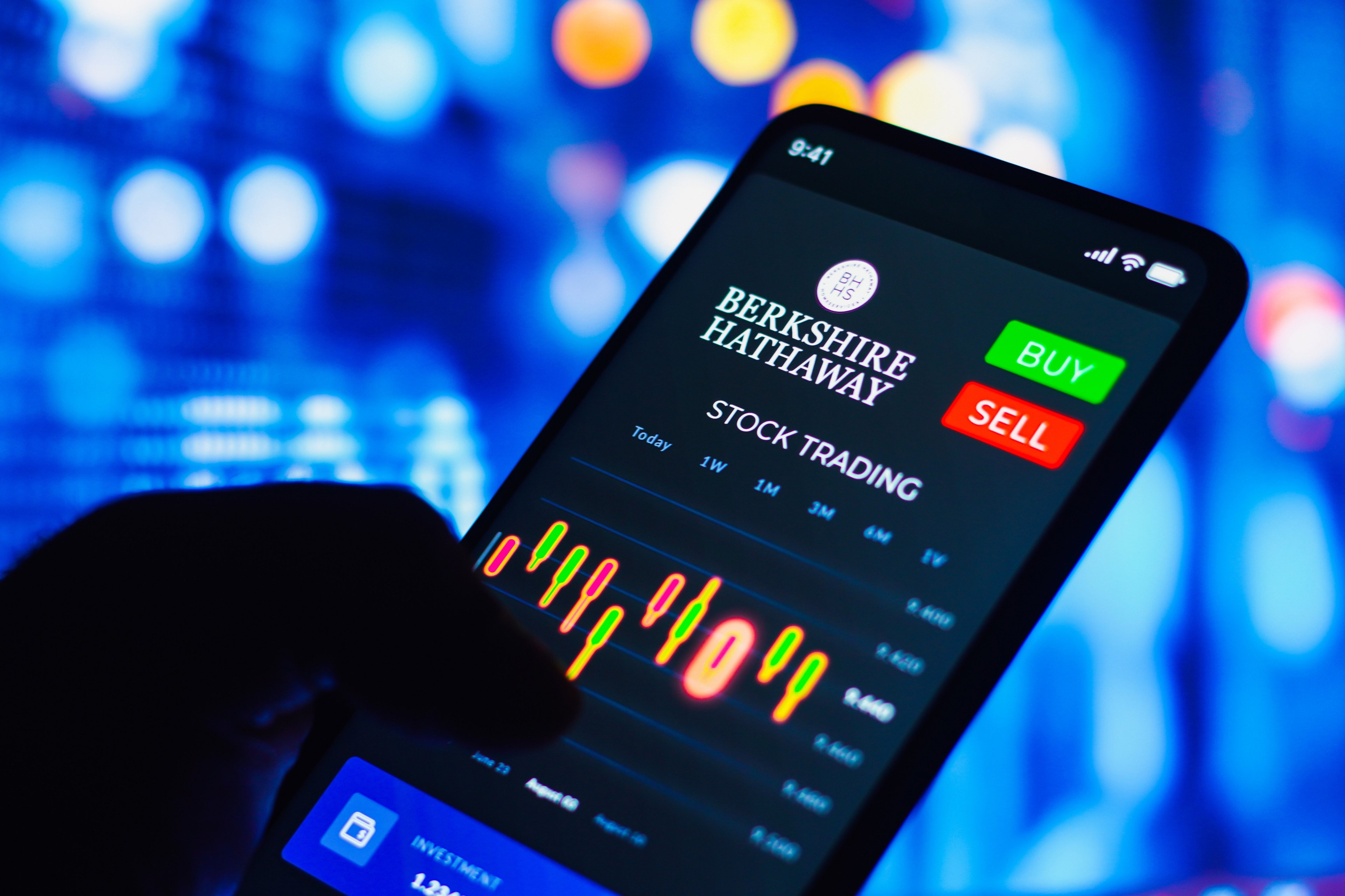Perhaps the only certain thing in investing is that index funds will continue to take the lion's share of new investment capital coming into the stock market. From 2009 to July 2016, passive index funds grew in every single year as investors added more money to low-cost funds. Meanwhile, active funds have experienced outflows as investors pull money from higher-fee funds and the pace of redemptions is accelerating.
In this clip from Industry Focus: Financials, The Motley Fool's Gaby Lapera and Jordan Wathen discuss everything you need to know about investing in index funds, why they're so popular, and why they may be a great investment for your retirement portfolio.
A full transcript follows the video.
This podcast was recorded on Sept. 14, 2016.
Gaby Lapera: Why would you want to invest in an index fund?
Jordan Wathen: The primary benefit of an index fund is because they don't employ managers to oversee the portfolio and hire very expensive analysts to go find stocks or bonds for it, stocks and bonds they think will be good investments. They can pass on those much lower costs to investors. There's a group out there called the Investment Company Institute, and they basically collect information on the world of investment funds. In 2015, the average stock mutual fund charged an expense ratio of 0.8%. That's an actively managed fund, 0.84%. Now, index funds, on the other hand, cost 0.11% in 2015 -- roughly 1/8 the cost for an index fund compared to an active fund.
Lapera: That's a huge amount. I realized that when you're talking about anything that's preceded by zero point something, it doesn't seem like it would make a huge difference. But if you spread that amount out over time, you're losing a lot of money in fees.
Wathen: Right. I just did it, but I hate when people put it in perspective of -- the amount of assets under management, put it into consideration of the average return over time. Let's say the S&P 500's average return might be 8%; we'll just go with that figure. If you pay 0.8%, you're basically giving up 1/10 of your return. If you pay 0.1%, you're giving up 1.25% of your return. It's an astronomical difference.
Lapera: It's huge. So, it's really important to look at expense ratios, which is something that we'll actually get to in a little bit.





